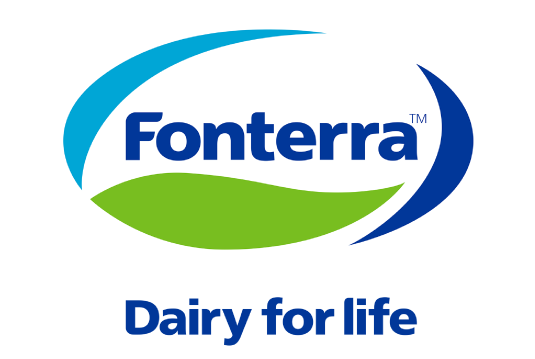Boots and all in wetland learning with Living Water

It was out with the books and on with the boots for Pirongia School kids in the Waikato. They’ve been taking part in a new experiential learning programme with Living Water – the partnership between Fonterra and the Department of Conservation (DOC).
The children have been learning about the unique ecosystem in their community, how to improve water quality, control predators and increase habitat for native wildlife.
Wetland Ecosystem Expert Robyn Irving said, “The students are part of a new programme that teaches environmental principles and values through hands on, real-life experience in nature.”
Taking part in the experience was student Cody Unkovich who enjoyed getting his hands dirty “the part I liked best about the day was learning about the different pests and how they damage the earth,” he said.
Botanist come educator Robyn believes that including more natural education opportunities in experiential learning environments is vital to children’s wellbeing. And outdoor classrooms could become a new norm.
“There’s a lot of discussion around about the benefits of kids getting out and about in nature – how good it is for them to experience more of the outdoors,” says Robyn.
“We have some big concepts for children to grasp like water quality and the impacts of land use on ecological health – and they grasp it so much better when they can engage and experience these things for themselves.”
“Fonterra and DOC have a long term vision for sustainable dairying and the environment, where farming works alongside nature. These kids are a big part of it, and it’s nice to think we can make an impact on their lives to influence future behaviour in a positive way.”
“If they understand they’re part of a bigger vision, we’ll see that eventually places like the Waikato Peat Lakes will become healthy natural ecosystems once again,” Robyn said.
Mike Paviour, Living Water’s Waikato Site Lead, said developing the programme is a vital part of the partnership’s long term success.
“It’s great for us to do these things, but real success is lasting change.”
“We need kids to understand why we’re investing so much energy and resource into restoring and caring for our environment, and give them tools to build on the foundations we’re laying,” Mike said.
Living Water tailors each wetland learning experience to suit a school’s specific education objectives.
“The children can pick up information to transfer to other parts and times in their lives. We’re teaching them that they can be involved in conservation solutions – and empowering them with the tools and understanding they need to contribute,” said Mike.
Fonterra General Manager of Responsible Dairying, Emma Parsons said Living Water’s learning programme is a small part of a major shift in environmental values happening across the business community.
“At Fonterra we recognise that a healthy ecosystem is the key to a sustainable economy. So engaging kids in caring for our land and water is important to us,” said Emma.
“Our dairy industry has been an important part of our communities for generations, and to be successful for generations to come depends on us finding the balance between sustainable dairying and healthy, resilient ecosystems,” she said.
Fonterra and DOC have committed to a ten year partnership that demonstrates how sustainable dairying is part of healthy functioning ecosystems in five catchments around New Zealand. With $20 million earmarked for their cause, the partnership focusses on environmental restoration and improvement within significant dairying areas. In the Waikato, Living Water works to restore three of the threatened Waikato Peat Lakes - Lakes Ruatuna, Rotomānuka and Areare.
The Waikato Peat Lakes are listed as ‘acutely threatened’ under the Land Environments of New Zealand Threatened Environments Classification.

